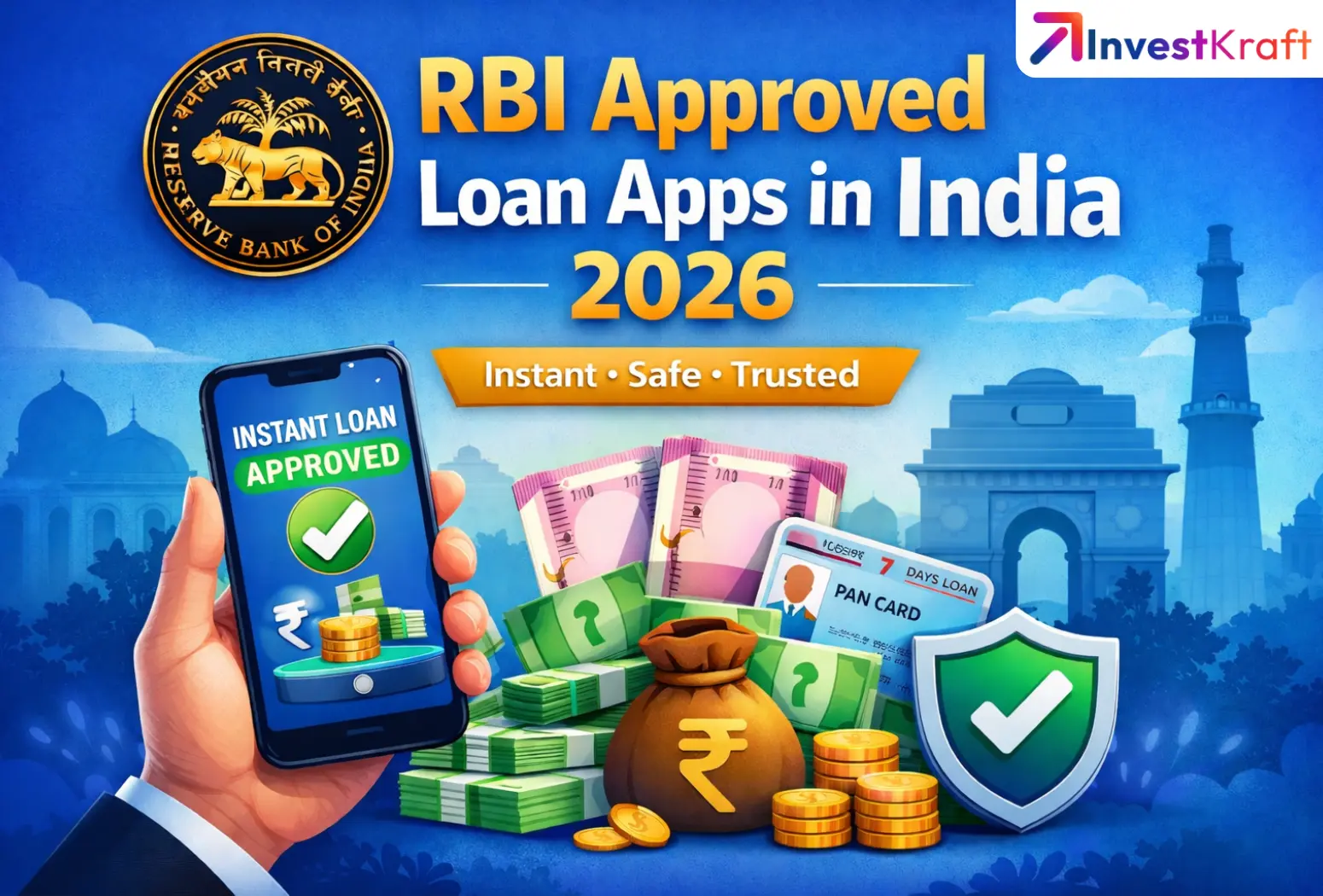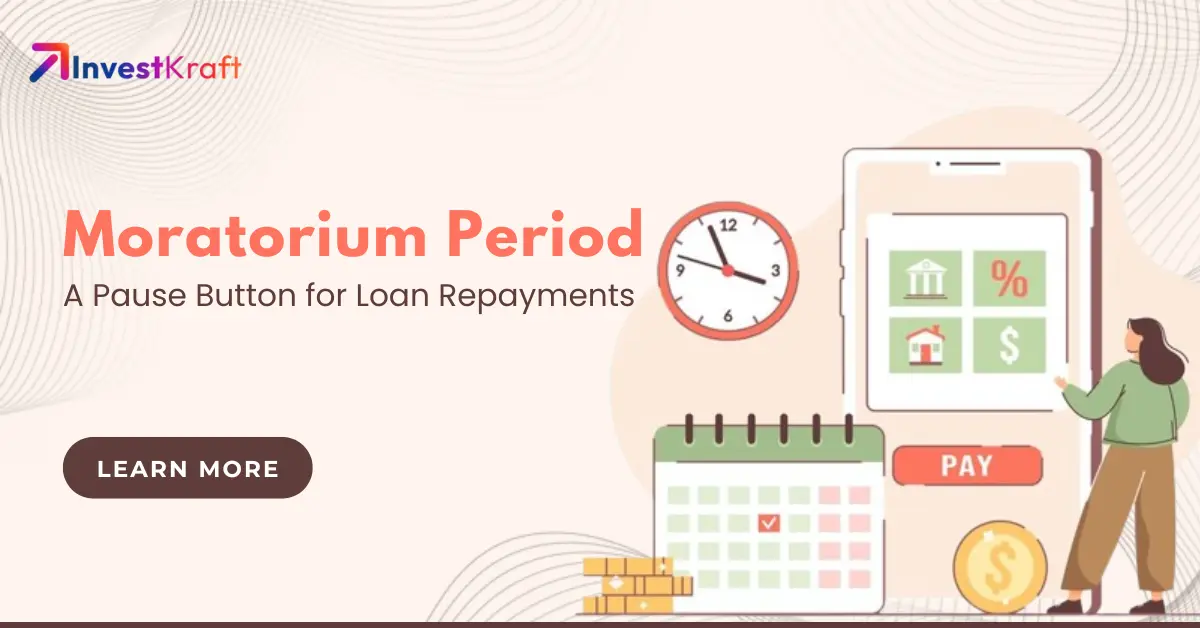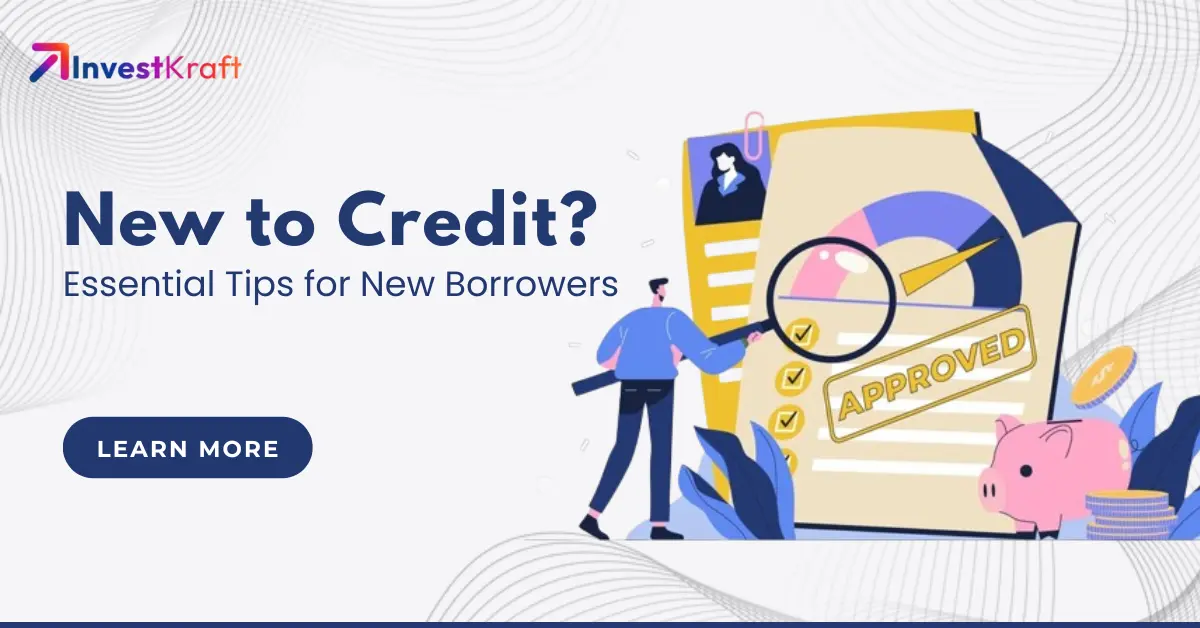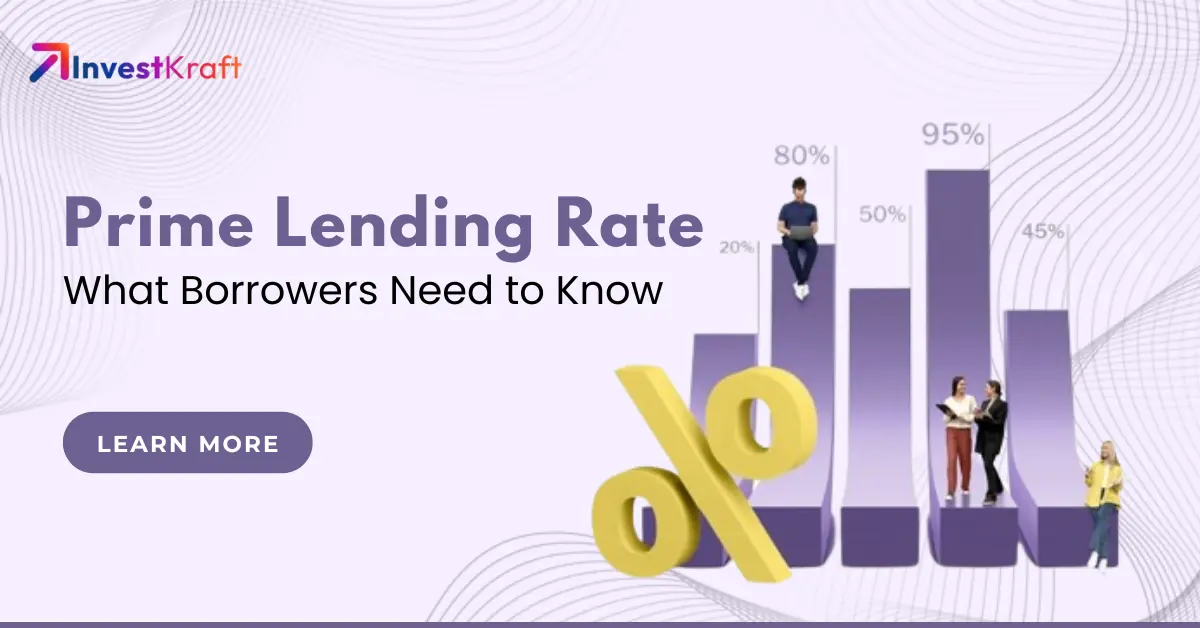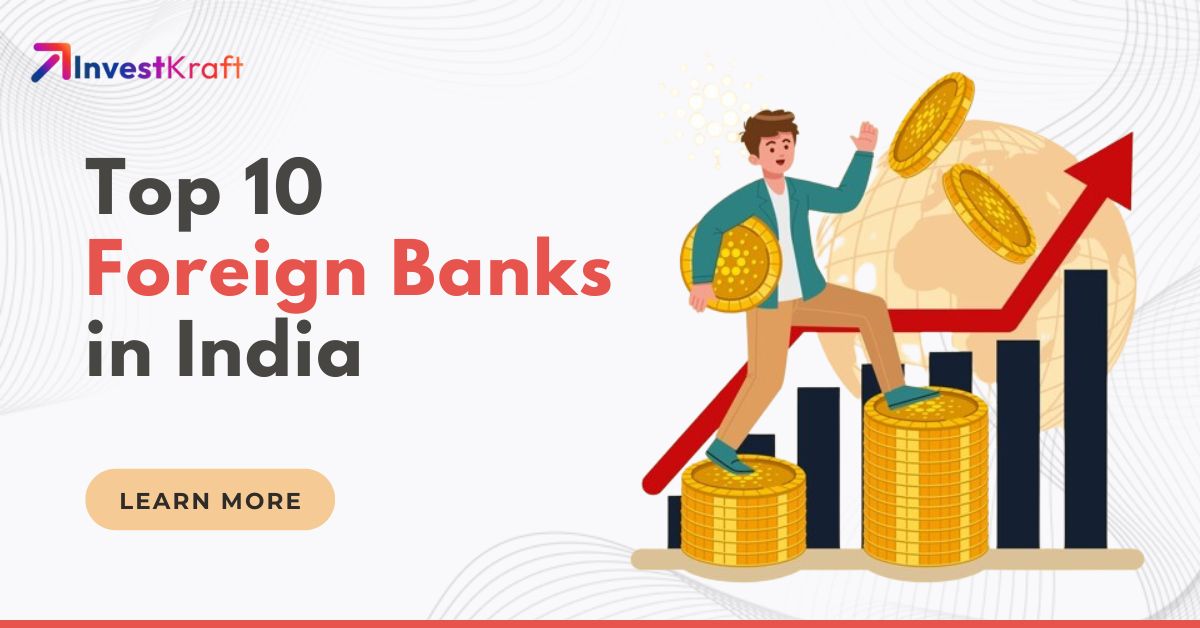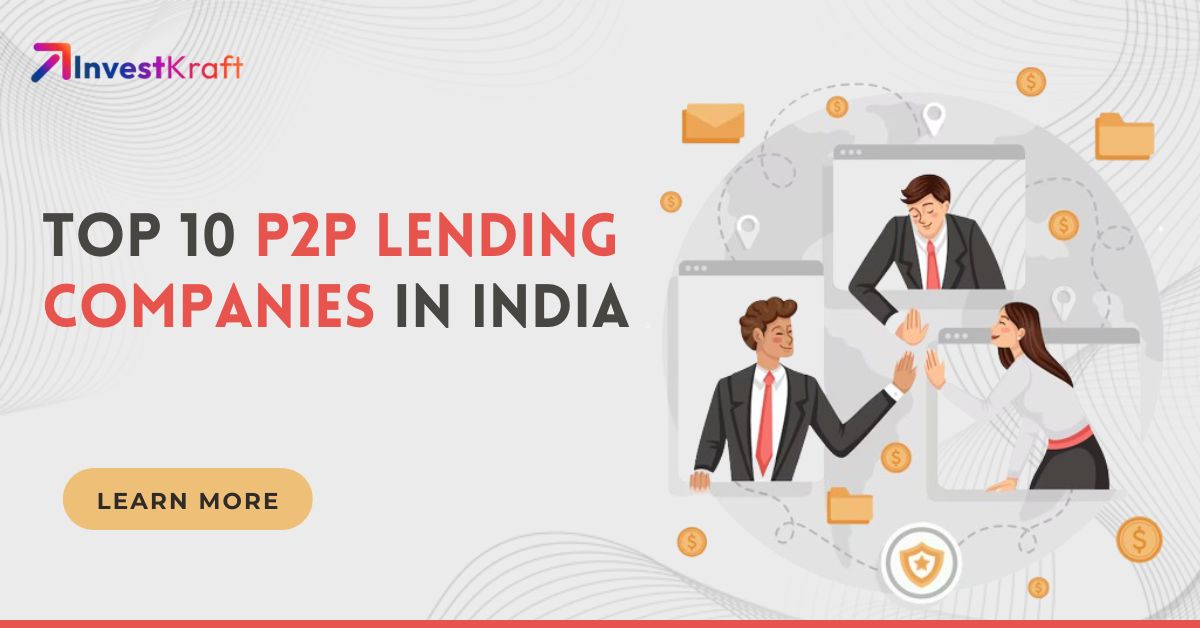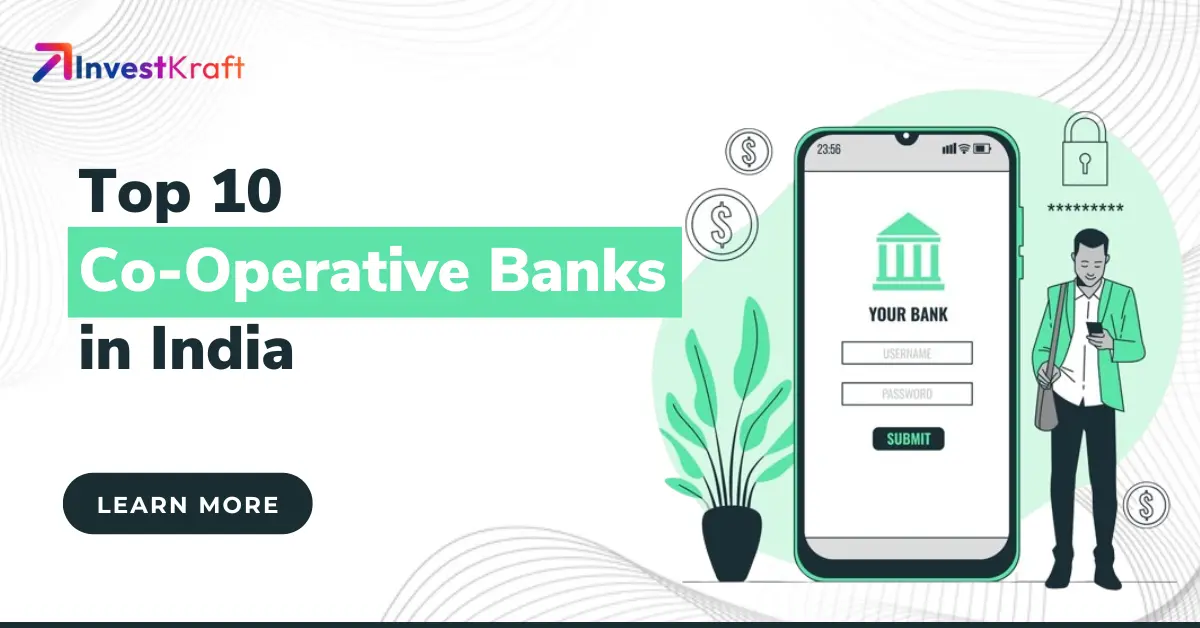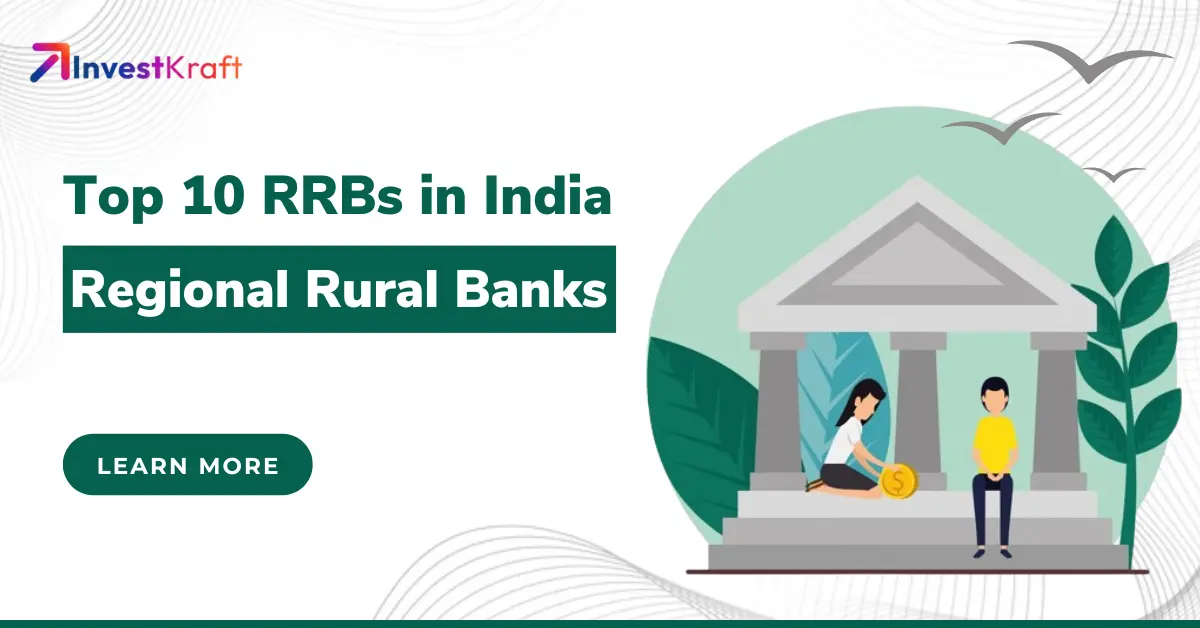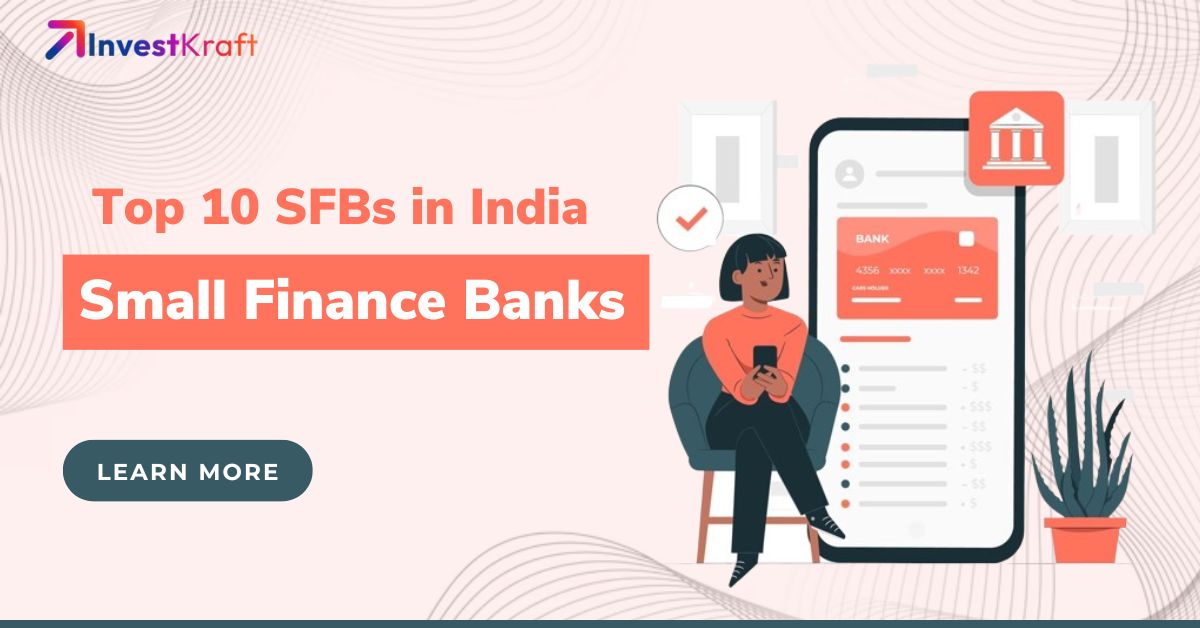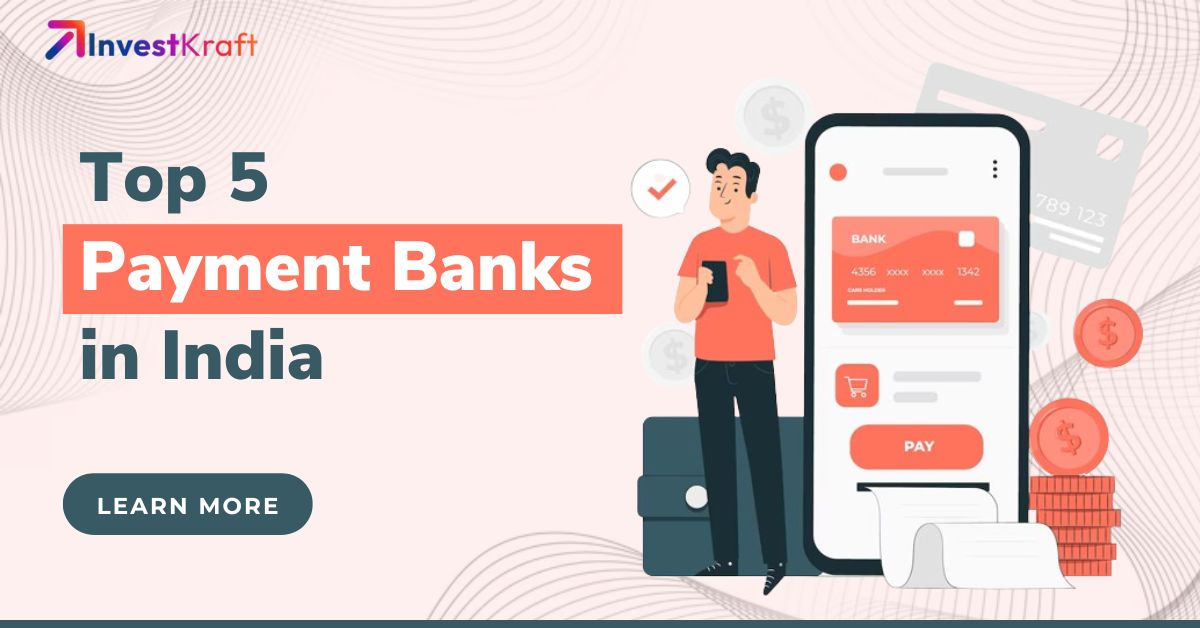Debt Management: Expert Tips to Pay Off Loans Faster!
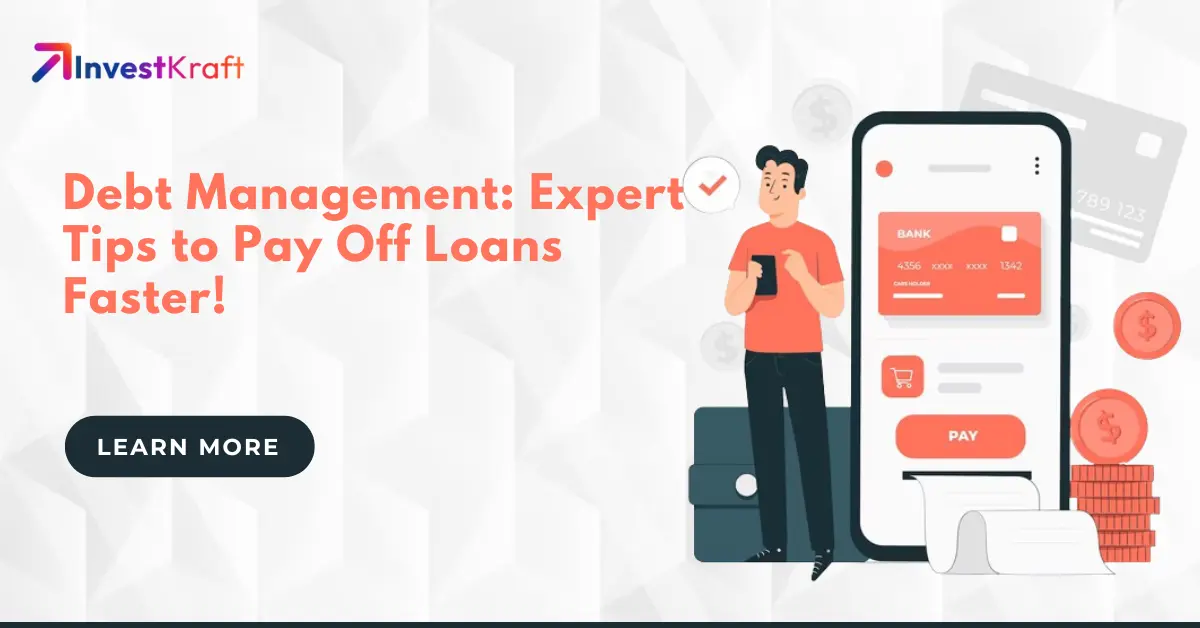
It can be expensive to meet the demand to be debt-free and hence stress-free. Being debt-free is seen by the majority of people, who have loans to pay back, as their financial goal. To do this, borrowers who are drowning in debt must turn to various creative solutions, such as reducing key living costs. Is it the only method to handle debt, though?
No, not always. So that you don't have to make too many compromises in terms of your cash, there are several strategies to manage debt. Here are some easy methods for paying off your loans more quickly.
What are the Common Reasons Behind Indians Taking Debt?
There are multiple reasons why Indian households take on debt, which can vary based on income, location and personal situations. Some borrow out of necessity for essential expenses while others do so to fulfil their aspirations such as purchasing a home or starting a business. Understanding these motivations is important for addressing the diverse debt management needs within the country.
Expenditure on Consumption
Around 33.1% of borrowing is used for consumption expenses, such as everyday essentials and lifestyle preferences. This is especially common among low-income households who rely on additional financial help to meet their basic needs.
Expenses Related to Business Operations
Borrowing for business expenses is more prevalent among wealthier individuals, with around 10.7% of those earning INR 10 lakh or more using loans for this purpose. In comparison, only 3.4% of households with an annual income below 1 lakh rupees do the same.
Repayment of Debt
The increasing number of households borrowing to repay existing debts is a concerning trend, with 7.1% of households citing this as a reason for taking out loans. This indicates a growing reliance on borrowing to manage previous financial obligations and the steady rise in this trend is worrisome.
Buying New/Used Vehicles
In states like Himachal Pradesh and Karnataka, many households take out loans to purchase vehicles. This is a common reason for borrowing in these regions, reflecting the importance of personal transportation in daily life. Whether for work or personal use, accessing loans for vehicle purchases is a common practice among households in these areas.
Improving Your Home
Taking out a personal loan for home renovations is a common practice, as it allows individuals to make necessary repairs and upgrades to their property. This is done to enhance living conditions and preserve the value of the home.
Emergencies Requiring Immediate Medical Attention
In times of health crises, many individuals are compelled to seek loans due to unforeseen medical expenses. This becomes particularly crucial when insurance fails to cover all the costs, highlighting the significance of having immediate access to financial resources.
Costs for Education
The increasing cost of education has led to many families turning to student loans to fund their children’s higher education, allowing them to pursue academic opportunities without being held back by financial limitations.
Costs Associated with a Wedding
Weddings in India are known for being extravagant and expensive, often leading couples to take out loans to cover the costs of venues, catering and other related expenses. This trend is especially prevalent among middle-income households.
Debt Consolidation
Personal loans can be a great option for consolidating debts, as they often come with lower interest rates and fixed monthly payments, making it easier to manage your finances. By consolidating multiple debts into one loan, you can simplify your repayment process and potentially save money on interest over time. This can help reduce financial stress and make it easier to stay on top of your payments.
Increasing Cost of Living
Many people turn to borrowing when inflation and the rising cost of living make it difficult to sustain their lifestyle. This is particularly true when salary increases are unable to keep up with the growing expenses.
What are Some Easy Methods for Paying off Loans More Quickly?
Combining these strategies can help you make substantial headway in paying off your loans more quickly and reducing the amount of interest you pay over the loan’s lifetime -
- Review and Pay Off Your Debts: It is essential to assess what you have and how you can make it work before making any financial decisions. The same holds for paying off debts. List all your current debts and categorize them into long-term and short-term obligations. For instance, a personal loan may be considered a short-term commitment whereas a mortgage could be considered a long-term commitment. So it makes sense to pay off your personal debt first. Another way to look at it is to pay off obligations that have a higher interest rate first. Additionally, consider strategies on 'How To Repay Loan Faster,' such as allocating any extra income or windfalls towards loan payments and exploring options like making bi-weekly payments to accelerate the repayment process.
- Consider Debt Consolidation: It might be difficult to arrange to pay off many debts at once. To avoid falling behind, combine all of your debt into a single sum. Consolidate all of your debts into a single loan, for instance, and pay the loan amount each month at a single set rate of interest if you have a personal loan, a vehicle loan, and past-due credit card payments. With a debt consolidation loan, you almost always have a better chance of receiving a reduced interest rate.
- Utilize Savings: Before paying attention to your debts, credit card balance, or other outstanding obligations, focus first on your savings. By factoring in monthly savings and expenses, you can plan your debt repayments. Reduce all wasteful spending and watch that your savings don't go below a specific amount. To keep track of your monthly spending, you may use a variety of apps. Some of these applications can even help you better manage your finances so that you do not continue to incur debt. Additionally, consider incorporating effective strategies on 'How To Repay Loan Faster,' such as directing a portion of your savings specifically towards accelerated loan payments or exploring opportunities to increase your income to expedite the repayment process.
- Lower the Loan Tenure: The greatest time to lower your debt is immediately following an increase in income. Use your windfall, whether it's a bonus or an appraisal, wisely to return a lump sum amount, if it's possible, which would certainly shorten the tenure overall. A shorter stay, even by a few months, might provide a welcome break. Choose prudently when you decide on a tenure; you don't want to choose a long tenure where you would pay a bit more or a tenure that is too short and puts you under a lot of stress.
- Balance Transfer to Another Bank: A loan transfer is yet another sensible choice you should consider. Transfer your loan to that bank if you locate a lender that will offer you a cheaper interest rate than your present lender. By doing this, you might be able to quickly lower the total amount you owe. To make sure this decision is sound financially, however, it is crucial to conduct the appropriate research before selecting a lender.
- Make Partial Payment: Refinancing is one of the finest strategies to pay off your debt early. This may be a wise decision for you if interest rates have decreased since you took out your loan or if your credit has significantly improved. It's crucial to keep in mind that refinancing only makes sense if it would enable you to pay off the debt faster. This can be done by reducing the loan's term, which you might be able to do affordably given your lower interest rate. Keeping the term of your loan the same while making reduced monthly payments is another way to get the same result.
- Make One Extra EMI Every Year: You may get the same result by committing to only one extra payment a year if the prospect of making bi-weekly payments sounds intimidating. Still, you enjoy making an extra payment every year. By doing this, you may reduce the duration of your debt by several months or even years while only experiencing the pinch once a year. Use a work bonus, tax return, or another windfall to make that once-a-year payment.
- Create a Budget: Creating and sticking to a strict budget is crucial for pinpointing where you can reduce spending, allowing you to redirect those savings towards paying off your loans. By monitoring your expenses and focusing on repaying your debt, you can increase the amount of money you allocate towards loan repayment. A budget also helps prevent accumulating unnecessary debt, positively impacting your overall financial well-being.
- Start a Side Hustle: Supplementing your income with a job is a great way to generate extra money for loan repayment. Whether it is freelancing, tutoring or selling products online, the additional income from a side hustle can be used solely towards paying off your loans. By doing this, you can speed up the process of becoming debt-free and also create a financial cushion for unforeseen expenses, thereby reducing the need for credit.
- Utilize Windfalls Wisely: Using unexpected windfalls, like an inheritance or work bonus, for loan repayment can significantly decrease the principal and overall interest costs. This strategy allows for substantial progress towards becoming debt-free without impacting your regular budget.
- Limit Unnecessary Spending: To free up cash for loan payments, analyze your spending habits and find areas where you can save, such as reducing dining out or cancelling subscription services. By prioritizing loan repayment and cutting back on non-essential expenses, you can speed up your journey towards becoming debt-free and improve your financial situation.
- Set Up Automatic Payments: Automating your payments is a great way to avoid late fees and interest charges by ensuring you never miss a due date. In addition, it helps you maintain consistent payments and gives you the flexibility to make extra payments when possible. By automating your payments, you can effectively manage your finances and stay on track with your debt.
- Avoid New Debt: To pay off existing loans effectively, it is important to steer clear of new debt. Refrain from getting more loans or increasing credit card balances, as this can impede your progress. Instead, prioritize living within your means and using any extra money to pay down existing debt. This will help you reach financial freedom faster.
- Track Your Progress: Consistently tracking the status of your loan payments can help you maintain your motivation and responsibility. Try utilizing financial applications or spreadsheets to visually track your advancement. Acknowledging small achievements can offer support and bolster your dedication to achieving a debt-free status.
- Pay More Than the Minimum: Paying more than the minimum required amount on your loan can speed up the repayment process. By reducing your principal balance faster, you can decrease the total interest paid over the loan’s duration. For instance, if your monthly payment is 5000 rupees, paying 6000 or 6,500 rupees can shorten the repayment period to some extent. This approach not only helps you become debt-free sooner but showcases responsible financial behaviour, boosting your credit score.
Further Reading: 8 Proven Loan Repayment Strategies for Financial Stability
-
- What Challenges Do Borrowers Face While Paying Back Debts?
India has indeed seen remarkable economic growth, but it’s important to address the issue of consumer debt, which is becoming a significant concern. Many Indians are facing difficulties in repaying their debts and it is crucial to understand the various factors contributing to this challenge. Let us explore the main challenges in more detail -
- Rising Cost of Living: The rising cost of living is creating a significant financial burden for many households, with essential expenses such as healthcare, education, electricity and fuel steadily increasing. As a result, some individuals are forced to turn to credit cards and loans to cover these expenses, leading to a cycle of debt as they take on new loans to pay off existing ones. This trend is highlighting the growing problem of consumer bad debt in India.
- Easy Access to Credit: The financial industry in India has significantly evolved with the emergence of fintech companies and mobile wallets, providing convenient services like instant “sachet loans” and “buy now pay later” schemes. However, these offerings often come with high interest rates and may not adequately communicate the repayment terms to borrowers, potentially leading them into a debt trap. This transformation in the financial landscape has raised concerns about the ability of Indians to manage their bills effectively.
- Lack of Financial Literacy: Indian consumers often have a limited understanding of debt, potentially underestimating the impact of interest payments and not fully realizing the consequences of defaulting. As a result, they may end up taking on more debt than they can handle, leading to a growing problem of bad consumer debt in India.
- Impact of COVID-19: The pandemic has had a major effect on the job market, causing financial hardship for many. As a result, there has been an increase in loan defaults, adding to the challenges faced by borrowers. This has been a growing issue.
- High-Interest Rates & Debt Burden: High-interest rates on unsecured loans like credit cards in India can greatly add to the total debt burden, making it difficult to pay off the principal amount.
Are There Any Specific Budgeting Tools/Apps for Debt Management?
In India, there are numerous budgeting tools and apps available for effective debt management. They are designed to help users monitor their expenses and provide specific features to manage debt. Let’s take a closer look at some highly recommended tools.
Walnut
Walnut, a popular personal finance app, efficiently tracks expenses and bills by analyzing SMS data. With features like budget management, bill payment reminders and savings assistance, it effectively helps users manage their finances. The added Walnut Prime feature offers an instant line of credit, making it a convenient option for individuals looking to handle their debts.
Money View
Money View is a fantastic app that helps users monitor their expenses and budget management. It effectively organizes spending, provides valuable financial insights and assists in setting financial objectives. Additionally, its bill-tracking feature is particularly useful for efficient debt repayments.
ET Money
ET Money is an all-in-one personal finance management app. Users can easily monitor their investments and expenses, as well as set budgets and track their spending in different categories. The app provides valuable insights into users’ spending patterns, assisting them in making informed decisions regarding managing debts.
Goodbudget
GoodBudget is a great tool for those who want to manage their finances effectively. The envelope budgeting system helps users allocate funds to different expense categories, enabling them to stay within their budgets and manage debt more effectively. Additionally, the app is free to download and comes with useful features such as bill tracking and spending limit settings.
FREED
FREED is a specialized platform dedicated to debt relief, offering users tailored budget plans to save money for repaying their debts. By analyzing users’ debt situations, the app helps negotiate settlements with creditors once enough savings have been amassed. This systematic support is especially valuable for individuals grappling with debt-related challenges.
The Conclusion
If you want to repay the borrowed loan amount quickly and easily, you can refer to the above-given steps and make way for quicker loan repayment. By taking the smaller steps given above, you can see visible and lasting improvement in your finances and get rid of the running loan quickly. Be it a home loan, personal loan, car loan, or any other type of loan, these strategies are known to be quite effective.
Frequently Asked Questions (FAQs)
Q: What is the fastest way to pay off debt?
A: The avalanche method is an effective strategy for paying off debt quickly. By prioritizing the highest interest rate debt and allocating extra funds towards, it can minimize the overall interest paid and accelerate the debt payoff process. This method helps to streamline your debt repayment and can save you money in the long run.
Q: How can I pay off my loan fast?
A: To pay off a loan faster, consistently make extra payments and pay more than once a month. Prioritize paying off the most expensive loan first. Consider consolidating multiple debts into one with a lower interest rate. Take advantage of debt relief services such s debt consolidation loans or debt management programmes.
Q: How to clear 20k debt fast?
A: To quickly clear a 20,000 rupees debt, create a strict budget to reduce unnecessary expenses and increase the amount you can put towards paying off the debt. You can also try the snowball method, starting with smaller debts to gain momentum. Additionally, debt consolidation might be explored for lower interest rates.
Q: What is a trick people use to pay off debt?
A: Debt can be paid off faster by utilizing financial windfalls such as raises, bonuses and tax refunds to directly reduce the debt instead of spending them on other expenses. Negotiating with lenders for lower interest rates is another useful strategy.
Q: How can I pay off my loan smartly?
A: To repay your loan wisely, it is important to first prioritize high-interest loans. Whenever possible, try to make extra payments to reduce your overall debt. Additionally, you may want to consider debt consolidation as a way to simplify your payments. Creating a budget will help you allocate funds in the most efficient way towards loan repayment. Take the time to evaluate your financial situation and understand your capacity to repay. You should also explore options like balance transfers to find better interest rates.
Q: What are the three biggest strategies for paying down debt?
A: The three key debt repayment strategies are - :
- Debt Snowball: Prioritize paying off small debts first while making minimum payments on other loans.
- Debt Avalanche: Start with high-interest loans to save on interest costs, then tackle lower-interest debts.
- Debt Consolidation: Combine multiple loans into one with lower interest and better terms.
Q: How can I clear my 20 lakh debt?
A: To clear a 20 lakh debt, devise a comprehensive repayment plan, allocate additional payments whenever feasible, investigate debt consolidation and contemplate boosting your income with a secondary job or freelance endeavours. Give priority to loans with high interest rates and round up your EMIs to accelerate the debt clearance process.
Q: Can I negotiate debt myself?
A: Negotiate debt yourself by contacting creditors to settle for less. Assess your financial situation and make a feasible offer. Consider consulting a credit counsellor for guidance, especially for significant debts.
Q: How to overcome the debt trap?
A: Creating a budget to track expenses is essential for overcoming the debt trap. Prioritizing paying off high-interest debts and avoiding new debt accumulation are crucial steps. If necessary, consider consolidating debts or seeking professional help. Building an emergency fund can also provide a safety net and prevent future financial strain.
Q: Which is the best debt settlement company?
A: It's important to consider your individual needs when choosing the best debt settlement company, as options such as Freedom Debt Relief, Accredited Debt Relief, and National Debt Relief may offer different benefits. Take the time to thoroughly research their fees, customer reviews, and success rates to make an informed decision that aligns with your financial situation.
Q: What are bad strategies for paying off debt?
A: Some unwise approaches to debt repayment involve only making minimum payments, depending entirely on credit cards for unexpected expenses, or neglecting debts altogether. Also, acquiring new loans to settle existing debts can exacerbate the problem and perpetuate a cycle of mounting debt.
Q: What is the cheapest way to pay off debt?
A: The most cost-effective way to repay debt is usually by using either the debt snowball or avalanche approach. These methods involve prioritizing the repayment of either the smallest or highest-interest debts. It is also worth exploring options such as negotiating for lower interest rates or consolidating debts to lower both monthly payments and overall interest expenses.

Author: Abhik Das
Abhik Das is a versatile content writer with over 5 years of experience crafting engaging and informative content across diverse industries. His expertise spans the fields of ed-tech, pharmaceuticals, organic food, travel, sports, and finance.
Here's what sets Abhik apart:
Content Versatility: Able to adapt writing style and tone to suit various audiences and content needs.
SEO Proficiency: Creates content optimized for search engines, ensuring discoverability and organic traffic.
Deep Research: Conducts thorough research to ensure content accuracy and credibility across complex topics.
Engaging Storytelling: Captures reader interest with clear, concise, and compelling writing.
Abhik's diverse background empowers him to deliver insightful content across a wide range of subjects. Whether you're seeking engaging explainer pieces on the latest financial trends, informative guides to organic food choices, or captivating travelogues, Abhik has the expertise to craft content that resonates with your audience.







